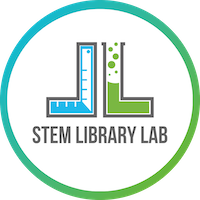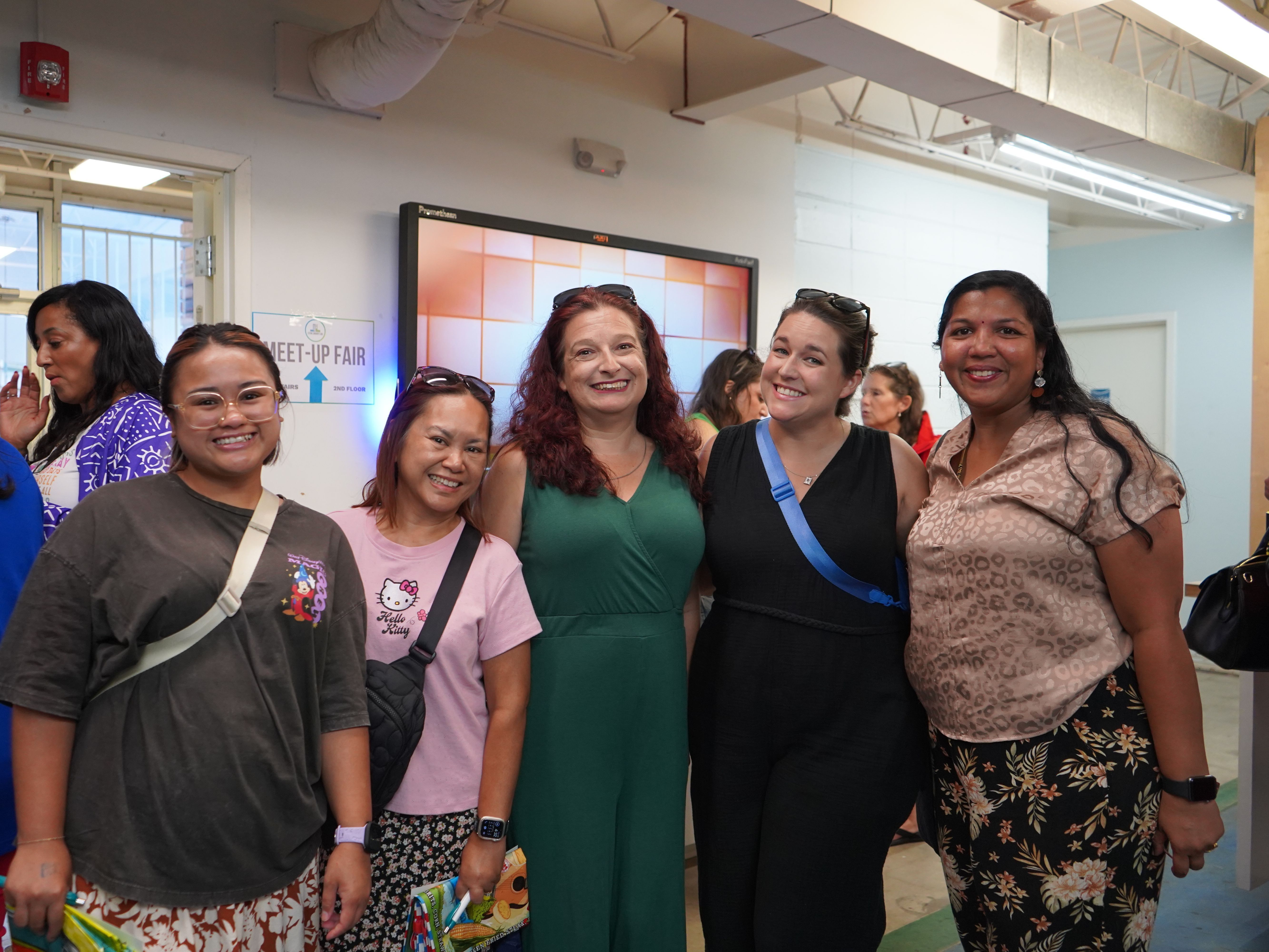ELIGIBILITY CRITERIA
To apply for the Service Learning Homegrown Project Grant, applicants must meet the following criteria:
- Grade Level: Open to K–12 students enrolled in public, private, or charter schools located in Louisiana or Mississippi.
- Subject Area Flexibility: Projects may be developed within any academic subject area (e.g., science, social studies, English language arts, mathematics, the arts, STEM, career and technical education).
- Integration with Classroom Learning: Projects must be tied directly to an existing school course or classroom-based curriculum. This ensures that learning objectives and service components are aligned with educational standards.
- Exclusion of Extracurricular-Only Activities: Grant funds may not be used for extracurricular clubs, after-school programs, or community service activities conducted solely by student organizations without direct classroom integration.
- Service Learning Alignment: Projects must demonstrate a clear connection between academic content and real-world service, addressing a genuine community need while fostering student learning, leadership, and civic engagement.
- Inclusive Participation: Applications should encourage equitable student involvement, ensuring diverse perspectives and voices are represented in project planning and implementation.
- Capacity to Implement: Applicants (teachers, school staff, or educational leaders) should have the ability to design, coordinate, and assess a project that integrates both academic and service goals. Previous service learning experience is not required—support and resources are available for first-time grantees.
- Commitment to Reflection and Evaluation: Projects must include a plan for student reflection (journals, presentations, discussions) and an evaluation process to measure both community impact and learning outcomes.
- Potential for Growth: Priority may be given to projects that demonstrate potential to expand, replicate, or inspire long-term service learning initiatives within the school or district.
PROGRAM REQUIREMENTS & GUIDELINES
-
Program Structure & Standards
Service Learning Alignment: All projects must adhere to the National Youth Leadership Council (NYLC) definition and standards of service learning, integrating academic learning with meaningful community service.
IPARD Model Compliance: Projects must follow the NYLC IPARD model — Investigation, Preparation, Action, Reflection, and Demonstration — as the guiding framework for planning and execution.
Classroom Integration: Projects must be tied to classroom-based learning objectives and not serve as extracurricular or opt-in volunteer activities. Full class participation is required.
Community Partnership: Each funded project must include a formal partnership with at least one service organization (e.g., a nonprofit, local government agency, or another school) to strengthen community connections and impact.
-
Implementation & Reporting
Scope Changes: Any modifications to the approved budget, personnel, curriculum, or service partner must be pre-approved by submitting a Changes Request Form before implementation.
End-of-Project Reporting: Grantees must complete the Homegrown Expenditure, Evaluation, and Reflection Report or Ready-to-Go Final Report, summarizing the project outcomes, community impact, and budget accountability.
Principal’s Award Reporting: For Principal’s Award recipients, a brief report must be submitted outlining how funds were used for the benefit of students and the service learning program.
-
Funding Guidelines
Budget Proposal: Applicants must submit a detailed budget covering classroom materials, transportation, event fees, and other project-related expenses.
Funding Restrictions:
Funds must be used exclusively for the approved service learning plan within the school year awarded.
Funds can only be spent within the state where the school is located.
Funds must directly support student-led service initiatives with consensus from participants.
Award checks are issued to the school, not individual staff members.
Unused Funds: Any unused award money must be returned to The Brown Foundation via check.
Principal’s Award: Designed as an incentive for participation, these discretionary funds must be used to benefit students, enhance service learning, or support positive school culture—never for personal or non-school purposes.
-
Skills, Experience, and Commitment
Project Leadership: Applicants should have the ability to coordinate cross-disciplinary projects, manage timelines, and collaborate with community partners.
Educational Alignment: Comfort with integrating service-based projects into academic curricula, with or without prior service learning experience.
Evaluation & Reflection: Skills in facilitating student reflection and tracking measurable outcomes are essential to assess both learning growth and community benefit.
Inclusivity: Commitment to equitable student participation, ensuring diverse voices are engaged in all stages of the project.
Growth-Oriented Approach: Ability to envision how the project can expand, inspire, or be replicated for long-term community impact.
Got questions? Contact the Service Learning Manager, Tammy Martin, at tammy@stemlibrarylab.org or 504.517.3584, ext. 3.

